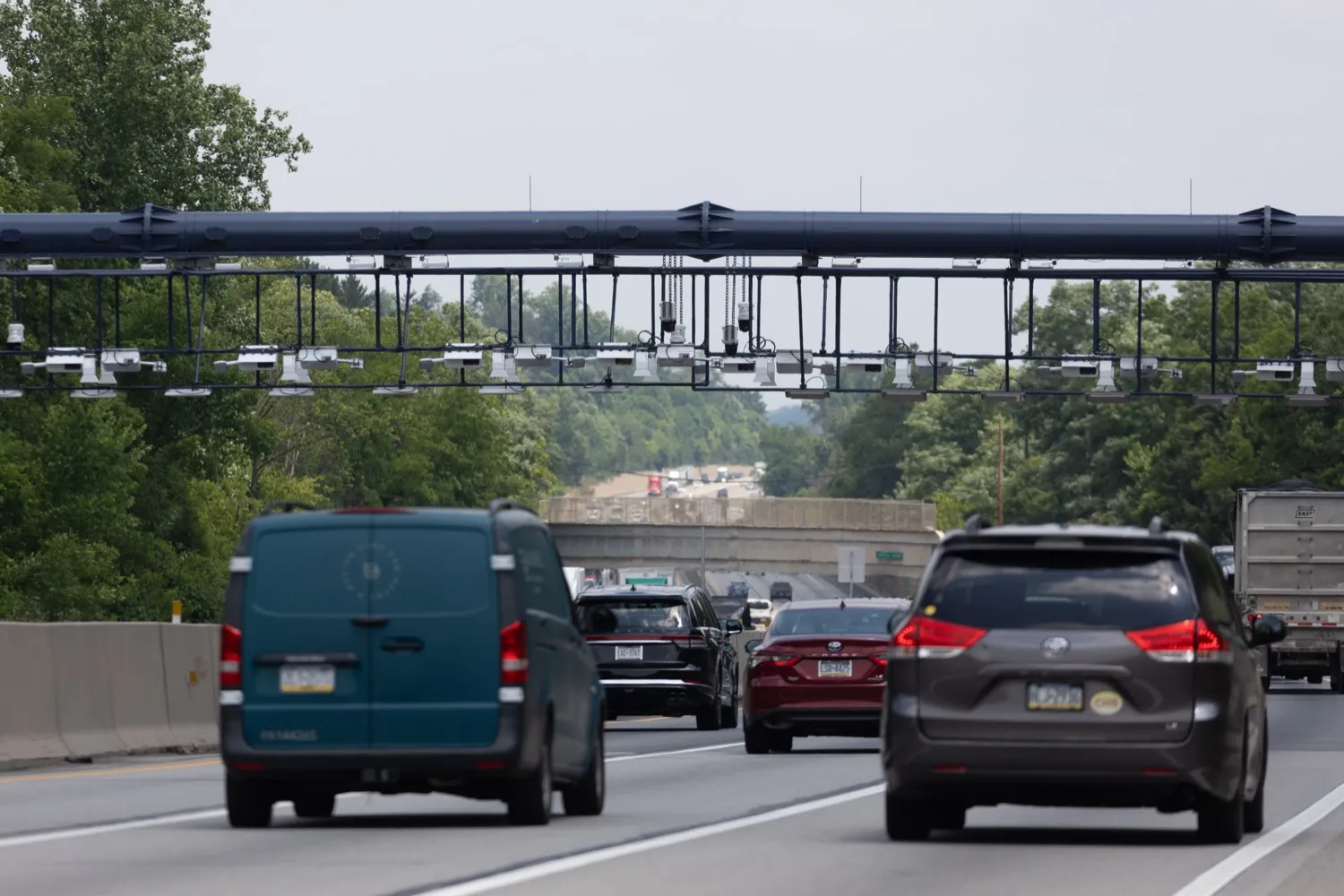
Vinci Highways has merged TollPlus and Cofiroute USA to create a new mobility brand, ViaPlus.
Specialising in free-flow traffic systems, ViaPlus will take charge of Vinci Highways' existing free-flow contracts in the US, Europe and India.
The company says free-flow solutions are better for infrastructure - and for the environment, with more consistent speeds reducing CO₂ emissions by up to 60% on a given toll section of a free-flow highway, compared with a traditional gated toll plaza, according to a study by the Carbon Trust.
Belen Marcos, executive vice president of Vinci Concessions and president of Vinci Highways, points out that the company was the first to develop a fully-automated highway in the US: the 91 Express Lanes in California.
"As people increasingly expect digital solutions from the transportation modes they choose, we are bringing new capacity to the market with ViaPlus. We will keep operating our existing contracts at best level and grow our presence in the US and [worldwide]."
Richard Arce, CEO of ViaPlus, says: “Our commercial back office for the North Texas Tollway Authority in Dallas, US, processes more than three million free-flow transactions daily."
"In Europe, we operate the back office and services for Europe’s first interoperable free-flow highway in Dublin. We look forward to new growth as needs for seamless mobility continue to rapidly develop”.
Vinci Highways is a subsidiary of Vinci Concessions, which runs airports, highways and railways in many countries. The company says it will be able to integrate ViaPlus’ services for different mobility modes.









